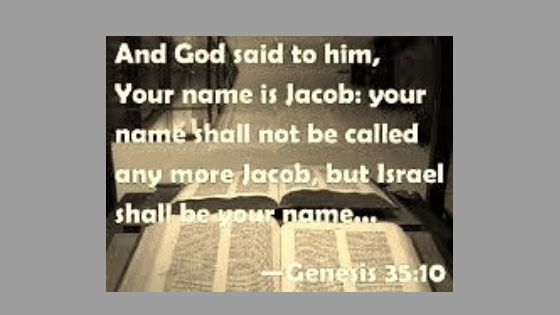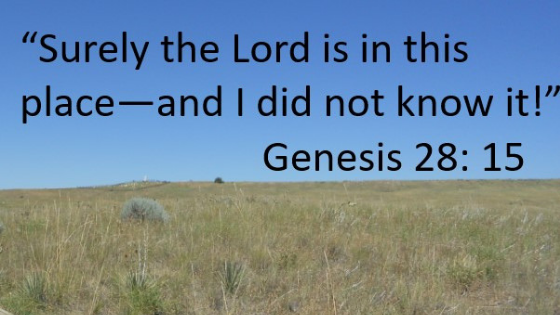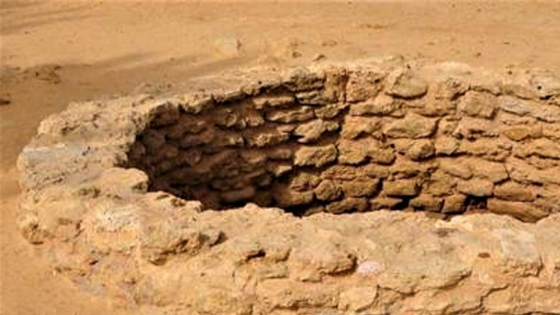
Shabbat Table Talk
Parashat Lekh Lekha, Erev Shabbat 27 October 2015
Week of 22-28 October
Torah portion: Gen. 12:1–17:27 Haftarah: Isa. 40:27–41:16
YHWH’s communication with Abraham, as it is presented in the biblical text, begins with two words, lekh-lekha (12:1), which are found in this combination only once more in the shared Scriptures. The second occurrence is found in Genesis 22:2, when God (elohim) gives Abraham the instruction to “go” to the land of Moriah, which we will explore in next week’s commentary. These two words mark both the beginning and the conclusion of YHWH’s biblical conversation with Abraham, as well as the limits of his physical journey. The phrase is a combination of lekh, the qal imperative masculine singular form of the verb hlk (“to walk, go”), the preposition le (“to”) and the masculine singular pronominal suffix kha (“you”). Whilst this particular construction allows for the translation, “go to yourself,” there seems to be relatively little variation in English translations of the phrase, most likely due the difficulties inherent in rendering the phrase adequately. Even though most translations of the phrase refrain from rendering lekh-lekha literally, Jewish scholarship and commentary, has focused considerable attention on the interpretive possibilities offered by this peculiar grammatical construction.
Aviva Gotlieb Zornberg (135) commences her discussion of the phrase lekh-lekha in a particularly Jewish manner, with a question: “What is the force of lekha?” In line with common Jewish practice she looks for answers in the work of the medieval Jewish commentator Rashi, who translates the term as: “for your benefit and for your good.” According to Rashi, the act of going will in and of itself be advantageous: Abraham will become the ancestor of a great nation; he will be blessed, which is traditionally linked with prosperity in the Jewish interpretive tradition, and his name will become great. Rashi also notes, contradistinctively, that travel is actually detrimental to “one’s family life” (and presumably the potential for reproduction), “one’s financial standing” and even one’s “renown” (name or reputation) (Ibid. 138). However, it is only by leaving Haran and travelling to an as yet unseen place, thus risking the inherent consequences of travel (above), that Abraham will receive the benefits hinted at by Rashi, which will in turn bring blessing to his descendants, those who bless him and, ultimately, all the families of the earth.
Understanding that there is always more than one possible interpretation of any biblical text, other Jewish commentators suggest that Abraham is being called to “leave behind those things that make [him] someone else” (Sacks, 79) in order to find his “authentic self” (Lieber 2001, 70). Further, Plaut (112) notes, “The aloneness of Abraham foreshadows that of all religious seekers and, above all, that of the people of Israel in their historic solitude.”
For Reflection and Discussion: The journey that Abraham is called to take is set into motion with the deceptively simple command from YHWH to go: with yourself, to yourself and by yourself. Have you ever experienced a divine call to go? What did it mean for you?
Bibliography: Lieber, Etz Hayim (The Jewish Publication Society, 2001); Plaut, The Torah: A Modern Commentary, Revised Edition (Union of Hebrew Congregations, 2006); Sacks, Genesis: Covenant and Conversation (Koren Publishers, 2009); Walsh, Himig Ugnayan Vol XV (AR 2014-2015) 69-91; Zornberg, The Murmuring Deep: Reflections on the Biblical Unconscious (Schocken Books, 2009).
This week’s teaching commentary was prepared by
Mark David Walsh, B.A., B.Theol. Grad. Dip. R.E., M.R.E., Australia
Bat Kol alum ‘01, ‘02, ’04, ‘13
(Email: markdavidwalsh@gmail.com)
[Copyright © 2017]
……………..…………………………………………………
PLEASE NOTE: The weekly Parashah commentaries represent the research and creative thought of their authors, and are meant to stimulate deeper thinking about the meaning of the Scriptures. While they draw upon the study methods and sources employed by the Bat Kol Institute, the views and conclusions expressed in these commentaries are solely those of their authors, and do not necessarily represent the views of Bat Kol. The commentaries, along with all materials published on the Bat Kol website, are copyrighted by the writers, and are made available for personal and group study, and local church purposes. Permission needed for other purposes. Questions, comments and feedback are always welcome.
……………………………………………………………….
Bat Kol Institute for Jewish Studies, Jerusalem
1983-2017
“Christians Studying the Bible within its Jewish milieu, using Jewish Sources.”
Website: www.batkol.info; Parashah Admin.: gill@batkol.info



